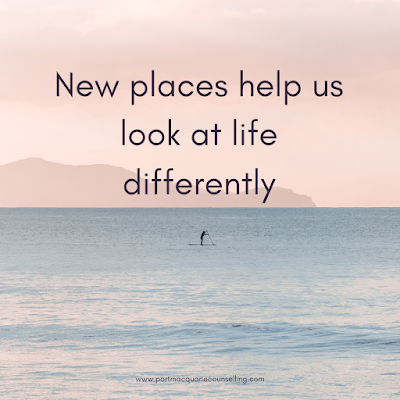Embracing Age: Navigating Negative Comments with Grace
As we journey through life, one inevitable aspect that accompanies us is the process of ageing. It’s a journey marked by experiences, wisdom, and perhaps a few more wrinkles. However, amidst the beauty of growing older, there can also be moments of vulnerability, especially when faced with negative comments about ageing. In a society obsessed with youth, handling such remarks with grace becomes an essential skill. Let’s explore the significance of ageing gracefully and how to navigate negative comments that come our way.
Ageing: A Beautiful Journey
Firstly, it’s crucial to acknowledge that ageing is a natural and beautiful part of life. With each passing year, we accumulate experiences, memories, and wisdom that shape us into the individuals we are. Ageing isn’t just about physical changes; it’s about personal growth, self-discovery, and embracing the fullness of life. Rather than fearing the passage of time, we should celebrate the journey and the richness it brings to our lives.
The Impact of Negative Comments
Despite the beauty of ageing, negative comments about growing older can sting. Whether it’s remarks about appearance, capabilities, or societal expectations, these comments can erode our confidence and self-esteem if we let them. In a culture that often glorifies youth and overlooks the value of ageing, such comments can be particularly challenging to navigate.
Navigating Negative Comments
So, how can we handle negative comments about ageing with grace and resilience?
Practice Self-Compassion: When faced with negative comments, it’s essential to be kind to yourself. Remind yourself of your worth and the beauty of your journey. Practicing self-compassion allows you to cultivate resilience in the face of criticism.
Challenge Ageist Stereotypes: Educate yourself and others about ageist stereotypes and misconceptions. By challenging these stereotypes, we can shift societal perceptions of ageing and promote a culture of inclusivity and acceptance.
Surround Yourself with Support: Surround yourself with people who uplift and celebrate you for who you are, regardless of age. Cultivate relationships with individuals who appreciate your wisdom and experience, rather than focusing on superficial aspects.
Focus on What Matters: Redirect your focus from external validation to internal fulfillment. Engage in activities that bring you joy, pursue your passions, and prioritize your well-being. When you focus on what truly matters to you, negative comments hold less power over your self-esteem.
Respond with Grace: When faced with negative comments about ageing, respond with grace and dignity. Instead of lashing out or internalizing criticism, choose to respond with confidence and assertiveness. Educate others about the beauty and value of ageing, and lead by example through your resilience and self-assurance.
Embracing Age with Confidence
In a society that often equates youth with value, embracing age with confidence is a revolutionary act. It’s about reclaiming our narrative and celebrating the richness of our journey, wrinkles and all. By cultivating resilience, self-compassion, and a sense of purpose, we can navigate negative comments about ageing with grace and dignity. Let’s embrace the beauty of growing older and inspire others to do the same. After all, age is just a number, but the wisdom and experiences it brings are invaluable.
Maya Angelou is one of my inspirational elders, I so love her wisdom. And I have a role models page on Pinterest where I collect stories of inspiring elders click here to visit. How do you feel about ageing? Do you have any positive role models for ageing?















